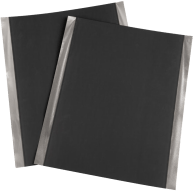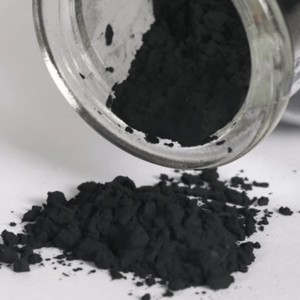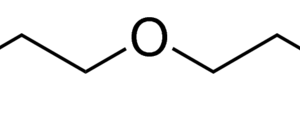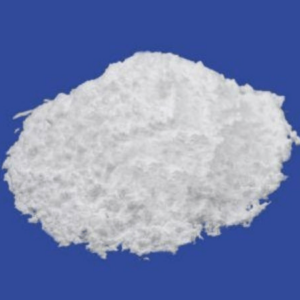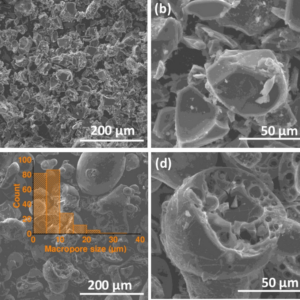Hard Carbon-Coated Electrode
HCCE
Hard carbon-coated electrodes are advanced materials used in various types of batteries, including lithium-ion and sodium-ion batteries. These electrodes are engineered to enhance the performance, longevity, and efficiency of batteries. They are particularly valued for their high conductivity, stability, and ability to operate effectively at a wide range of temperatures.
-
Appearance: Uniform, black powder or film without foreign impurities
-
Particle Size Distribution:
-
D10: ≤ 1 µm
-
D50: 3-5 µm
-
D90: ≤ 10 µm
-
-
Specific Surface Area: 10-50 m²/g
-
Tap Density: 0.5-0.8 g/cm³
-
Purity: ≥ 99.9%
-
Conductivity: ≥ 10 S/cm
Charge-Discharge Data:
-
Initial Coulombic Efficiency: ≥ 85%
-
Specific Capacity:
-
Initial Discharge Capacity: 350-400 mAh/g
-
Capacity Retention: ≥ 90% after 100 cycles
-
-
Charge/Discharge Rate Capability:
-
At 0.1C: 360-380 mAh/g
-
At 1C: 300-320 mAh/g
-
At 5C: 200-250 mAh/g
-
-
Cycling Stability: Less than 5% capacity fade over 100 cycles at 0.5C
-
Voltage Window: 0.01V to 3.0V (vs. Li/Li⁺)
Additional Data:
-
XRD Patterns: Demonstrates high crystallinity with distinct peaks.
-
SEM: Reveals a uniform coating and particle morphology.
-
EIS: Low impedance, indicating good conductivity and charge transfer efficiency.
| Type: | Sodium Ion Battery Electrolyte |
|---|---|
| Usage: | for Na Ion Battery Materials |
| Nominal Voltage: | 12V |
| Discharge Rate: | High Discharge Rate |
| Shape: | Square Battery |

